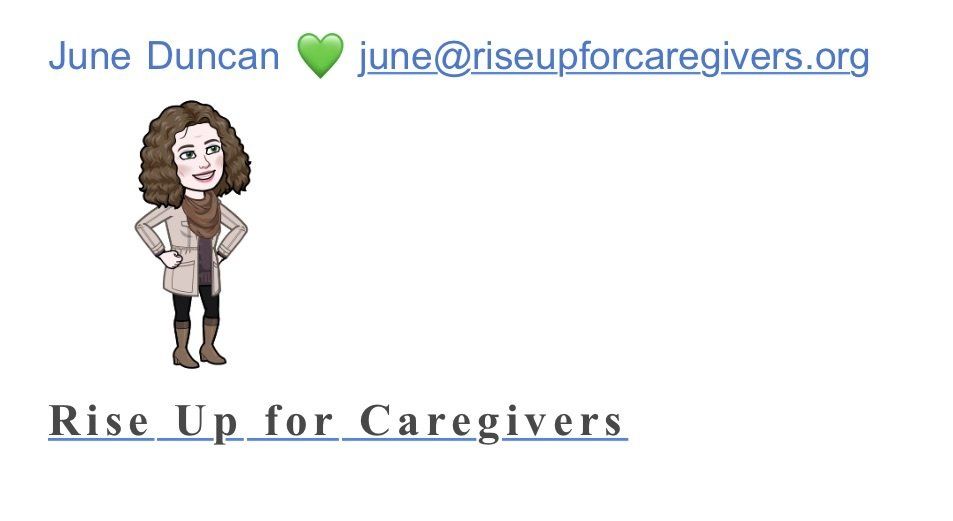Making Long Term Care Choices During Covid-19

Caregivers are tasked with ensuring their loved one gets the care they need. Although you may wish you could take all of that care on yourself, in some situations, you may need to think about long-term care for your loved one. Certain medical conditions, such as severe memory loss or serious physical disability, may mean your loved one will eventually need professional care.
However, the pandemic makes this an especially challenging decision to face. After all, the fact that your loved one may need more care than you can give can be, on its own, a heartbreaking realization. Add to that the stress and uncertainty of making plans during COVID-19, and you have a serious mental and emotional task on your plate. Artesia Christian Home wants to offer some guidance for anyone going through or planning for this type of transition.
Start with Finances
Every single long-term care decision you’re going to have to make is going to be influenced by budget, so you may as well start with assessing your loved one’s financial situation. Take a look at their retirement or disability income, their investments, and the value of any property they own. This will give you the best sense of their assets so you can plan for how to fund their care.
If a lot of their net worth is wrapped up in property, such as a family home or real estate investments, you may need to consider selling so you can access those funds. The pandemic has increased housing demand in some areas and stalled it in others; research your local housing market to get an idea for how much the property might sell for. You can also talk to a real estate agent to learn what kind of virtual touring options you can use to sell your home.
Talk with Their Doctor
Another foundational step to make when making long-term care plans for your loved one is having a frank conversation with their medical team. No matter how well you understand their condition, this step is valuable and, indeed, necessary. Their doctors can help you to figure out what you can expect down the line, give you insight into what kind of care they may need as their condition progresses, and point you toward resources that may make your situation easier.
However, it’s important to focus on being your loved one’s advocate when speaking with their medical team. Doctors — even those with your loved one’s best interest at heart — aren’t perfect or infallible. You always have a right to seek a second opinion or to speak your mind if something sounds off to you.
During these conversations with your loved one, take a moment to determine if they need to enroll in Medicare or make changes to their Medicare plan. Medicare Annual Election Period (AEP) occurs annually between October 15 and December 7. So, make sure you have set aside some time to make any necessary changes during this period.
Prepare for Tough Conversations
It’s important to involve your loved one in their long-term care plan as much as possible. However, this means you need to be prepared to tackle some very difficult topics together. This is an inherently fraught subject with no easy answers, and all parties can wind up feeling hurt, angry, and overlooked along the way.
There are several techniques you can use to make these discussions easier for everyone involved. First and foremost, go in with the expectation and understanding that it will be difficult at times. Acceptance will always make challenging emotions easier to handle than resistance. Second, be prepared to tackle these topics several times, with plenty of time in between conversations for everyone to process information. You cannot solve this issue all at once, and trying to is only likely to backfire.
Finally, if you or your loved one is experiencing extreme emotional distress, consider talking to a mental health professional. They can give you the coping skills you need to get through this time and come up with a plan that’s best for everyone. If you’re not comfortable seeing someone in person, you may be able to schedule a telehealth session.
This may be a difficult journey for you and your loved one, but it’s worthwhile. Remember that, at the end of the day, this work will ensure that your loved one gets the care they’ll need to thrive.
____________________________
Artesia Christian Home is a non-profit, continuing care retirement community that’s the optimal size for community living. To request a tour or learn more about us, call (562) 865-5218.
Photo Credit: Pexels
Written & Submitted by:








